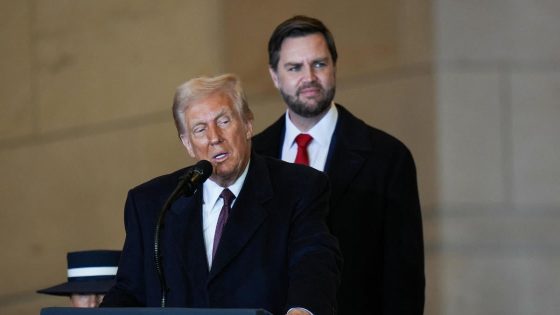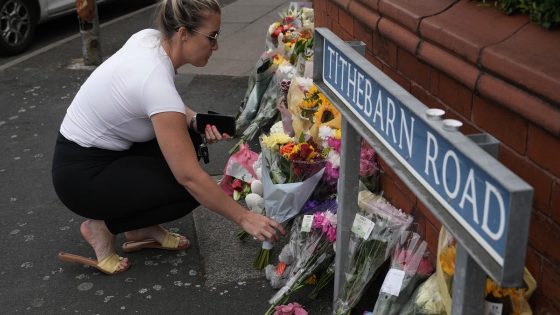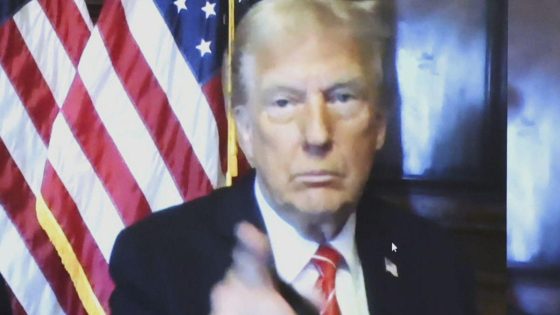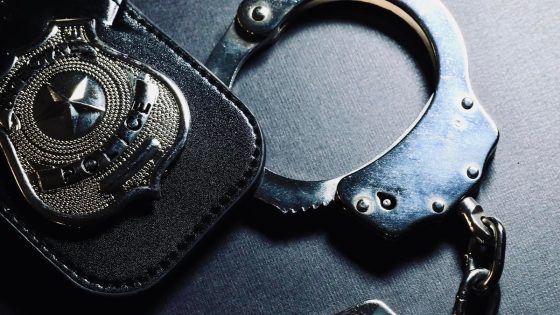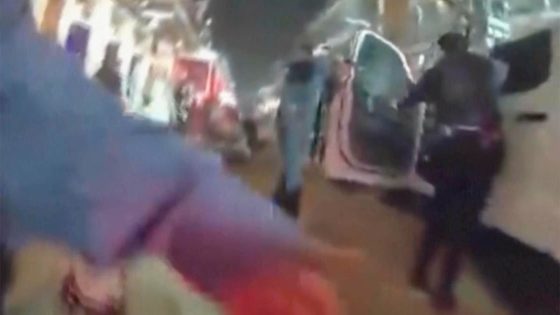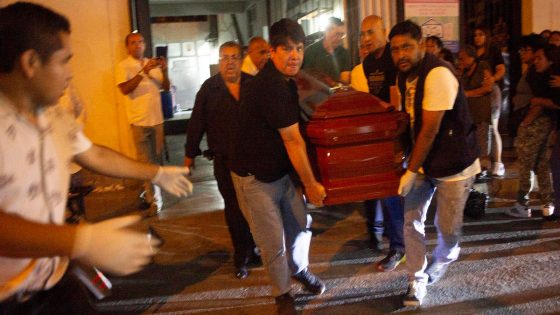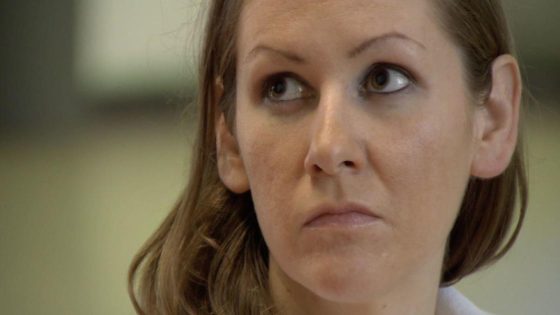Washington, D.C. – On a day filled with considerable expectation and controversy, President Trump made headlines as he granted clemency to about 1,500 individuals convicted for their roles in the events of January 6, 2021. This action took place on Trump’s first day back in the White House after he was sworn in for a second term, a move reflecting his long-standing promise to absolve those involved in the Capitol riot.
- Trump grants clemency to 1,500 defendants.
- Actions taken on first day back in office.
- Pardons include serious crimes and seditious conspiracy.
- Criticism from police officers and lawmakers.
- Ongoing prosecutions remain after clemency order.
- History of January 6 actions cannot be erased.
The decision marks a significant escalation in the discourse surrounding the January 6 attacks, which saw a mob of Trump supporters breach the Capitol in a failed attempt to overturn the results of the 2020 presidential election. “These are the hostages, approximately 1,500 for a pardon, full pardon,” Trump stated emphatically during remarks from the Oval Office, characterizing the accused as victims of an overreaching judicial system. “What they’ve done to these people is outrageous. There’s rarely been anything like it in the history of our country.”
The move has resurrected intense debates about law and order, accountability, and the interpretation of patriotism. Critics, including lawmakers and law enforcement officials, swiftly condemned the clemency grants, asserting that they undermine the severity of the violence inflicted during the riot. Michael Fanone, a former officer injured in the insurrection, expressed feelings of betrayal, stating, “I have been betrayed by my country and I have been betrayed by those that supported Donald Trump.”
Crucially, the clemency included not just pardons, but also commutations for individuals convicted of serious crimes, such as seditious conspiracy and assaulting law enforcement officers. High-profile figures like Stewart Rhodes, founder of the Oath Keepers, and Enrique Tarrio, former leader of the Proud Boys, were among those whose sentences were affected. While Rhodes had been sentenced to 18 years in prison, Tarrio was serving a 22-year sentence before being pardoned, reflecting the administration’s narrative of mercy for the “patriots” who participated in the day’s chaotic events.
Historically, the January 6 attack represents not only a breach of the Capitol but a profound moment in American history where the trust in democratic processes was profoundly tested. As investigations continue to unearth the layers of conspiracy behind the riot, over 1,600 individuals have faced charges, with around 1,100 already sentenced. Authorities have indicated that ongoing prosecutions still remain, particularly concerning felonies like resisting law enforcement.
As news of Trump’s actions spread, the legal landscape began to shift. The acting U.S. attorney for the District of Columbia initiated steps to conclude ongoing cases related to the Capitol riot, emphasizing the political ripples of Trump’s orders. This has raised questions about justice and whether the actions of a sitting president can indeed eradicate legal consequences for documented criminal acts.
In the wake of the pardons, lawmakers weighed in with stern remarks. Rep. Bennie Thompson, who oversaw the investigations into the riot, expressed that “President Trump has started his second term just like he finished his first: with lawless contempt for our justice system and our democracy.” His statement echoed the sentiments of many who see these pardons as an affront to the rule of law, emphasizing that those convicted for violent crimes against police officers could not alter the historical narrative of January 6.
As this profound chapter in American judicial and political history unfolds, the long-term implications of Trump’s pardons remain uncertain. Will these clemency grants embolden similar actions in the future, or will they serve as a cautionary tale about the boundaries of presidential power? Observers will be closely monitoring the developments in the courts and the responses from both law enforcement and the public in the days to come, recognizing that what transpired on January 6, 2021, will not easily be forgotten, nor will the political tensions it has ignited.



